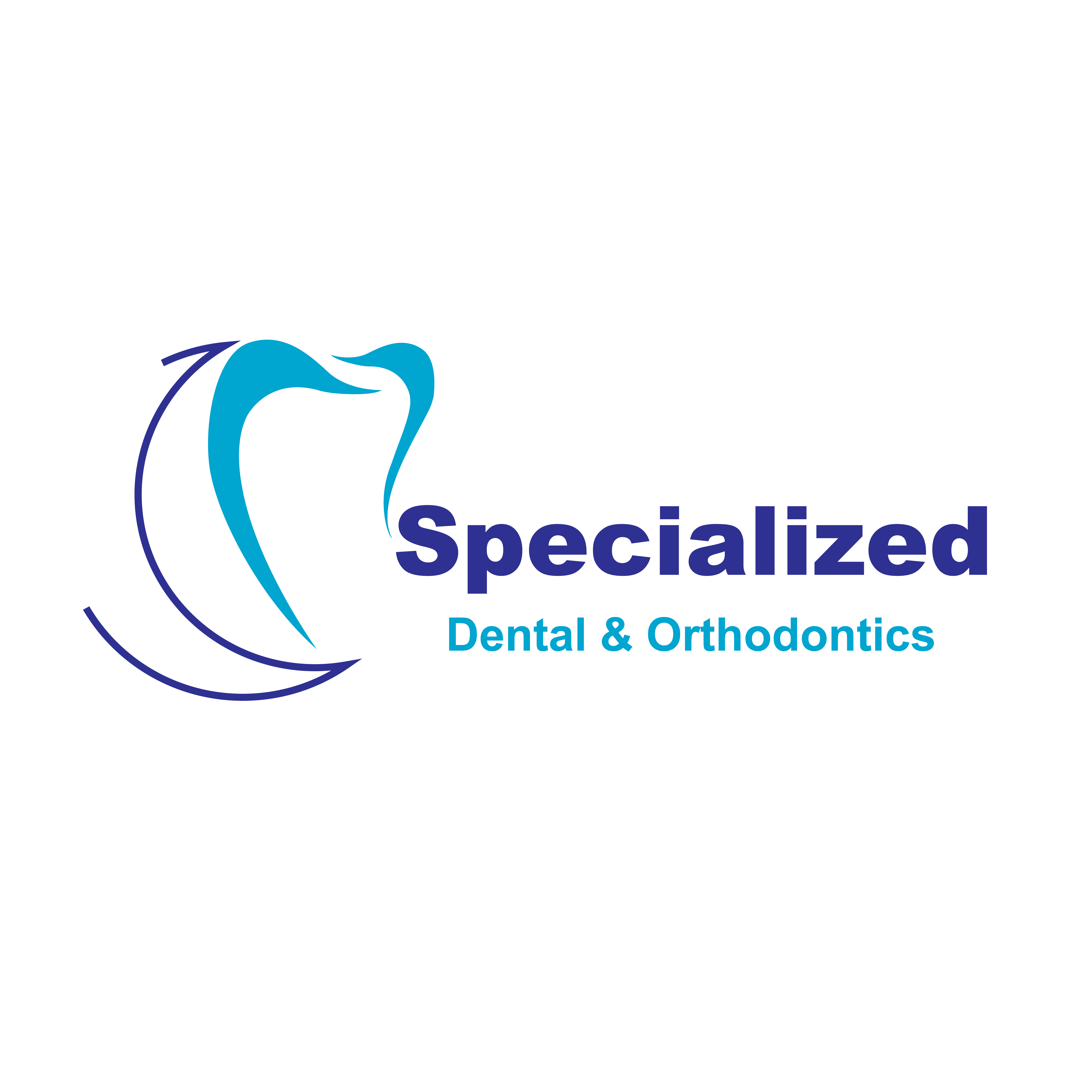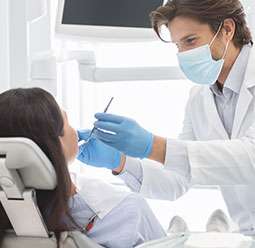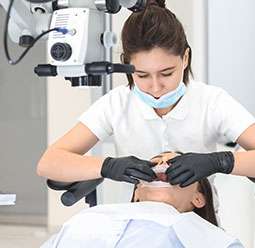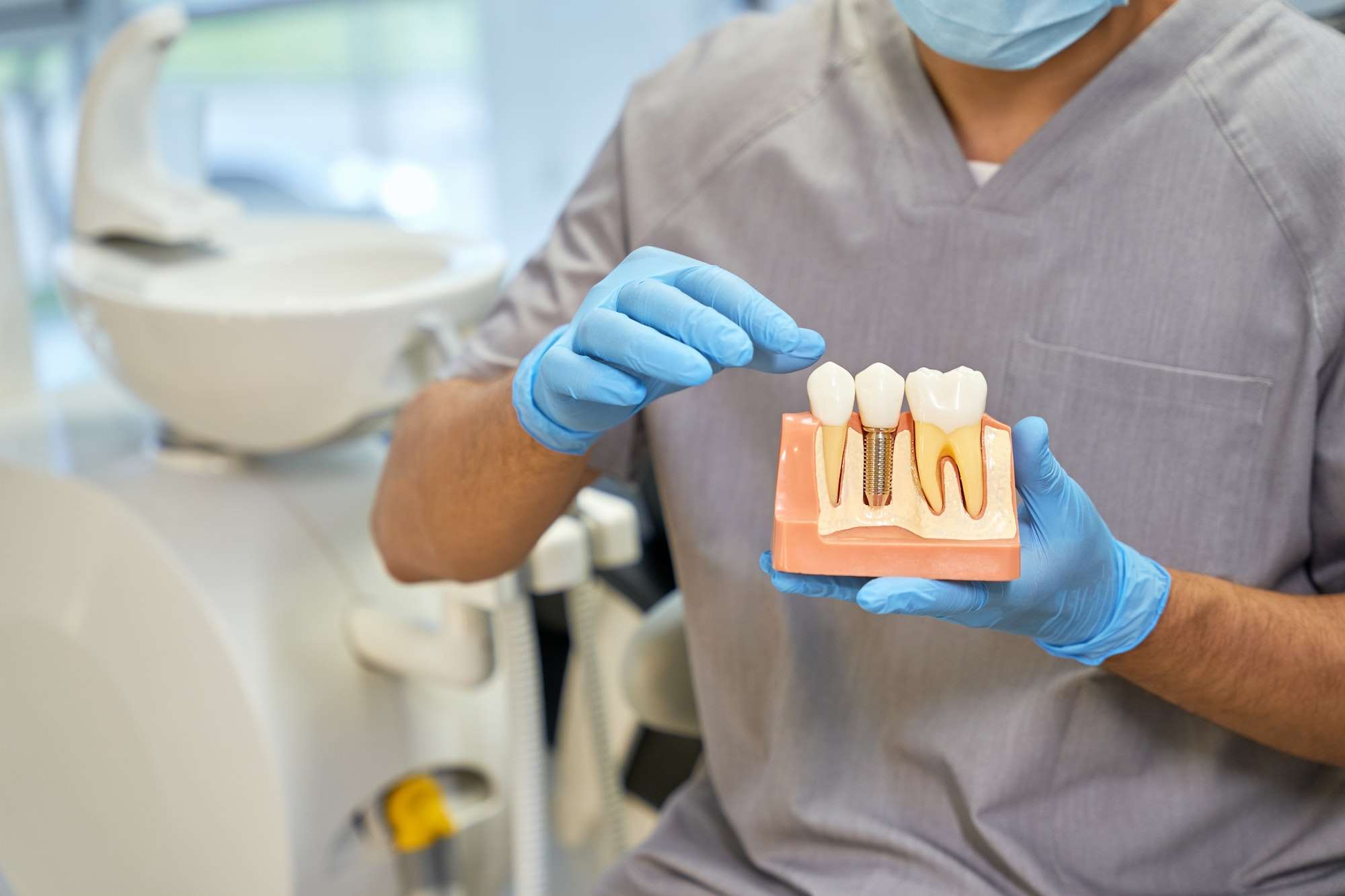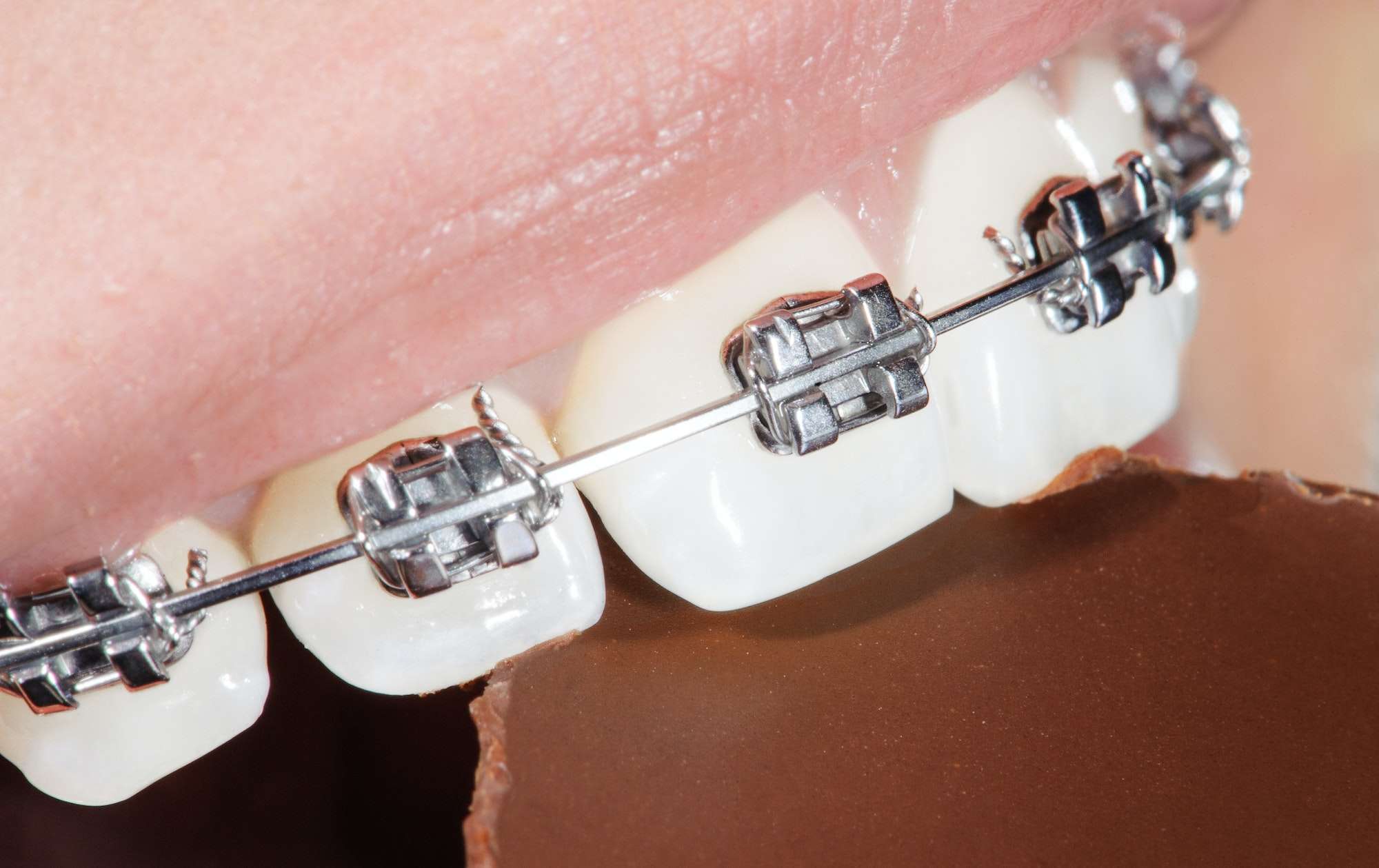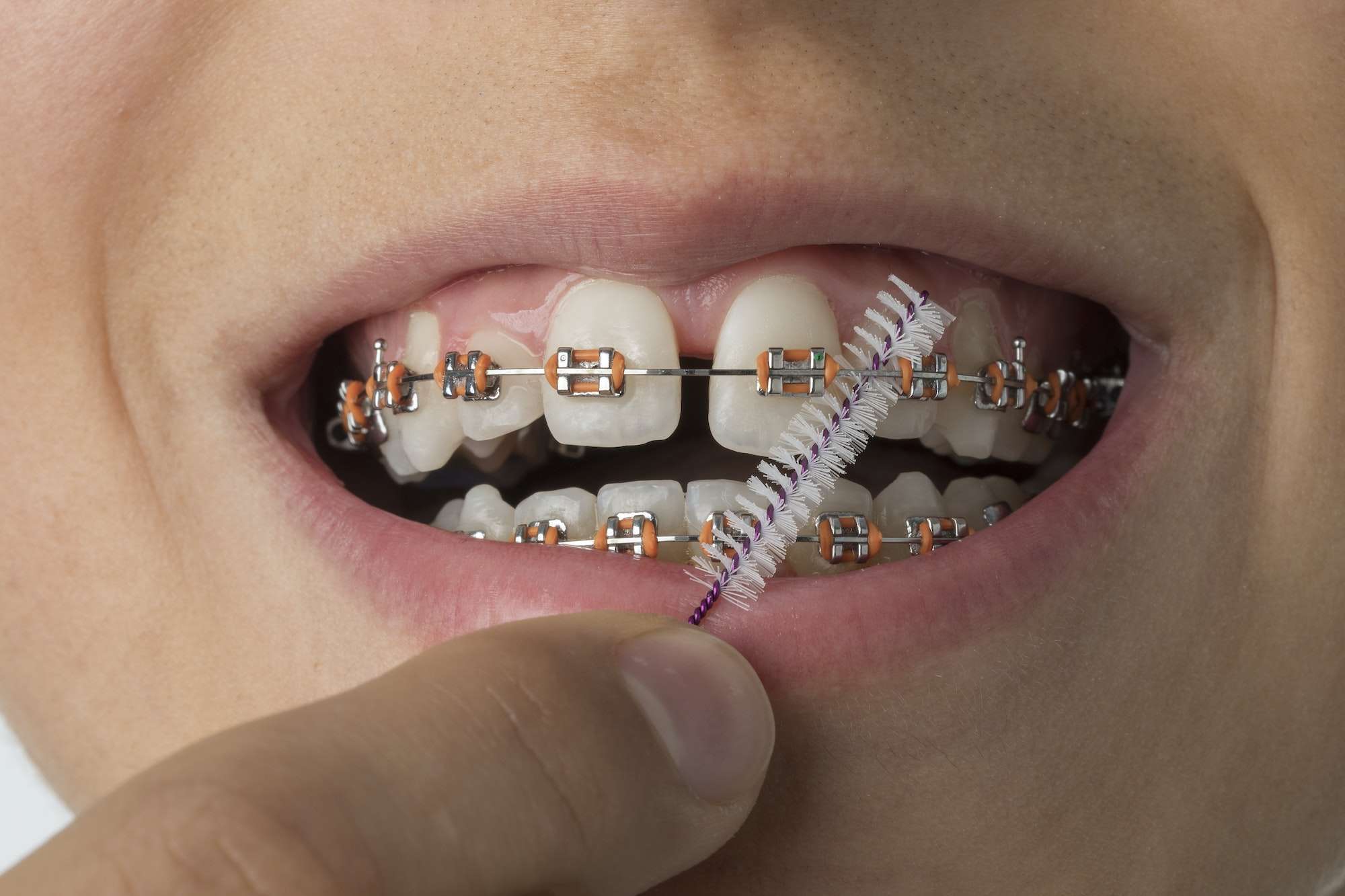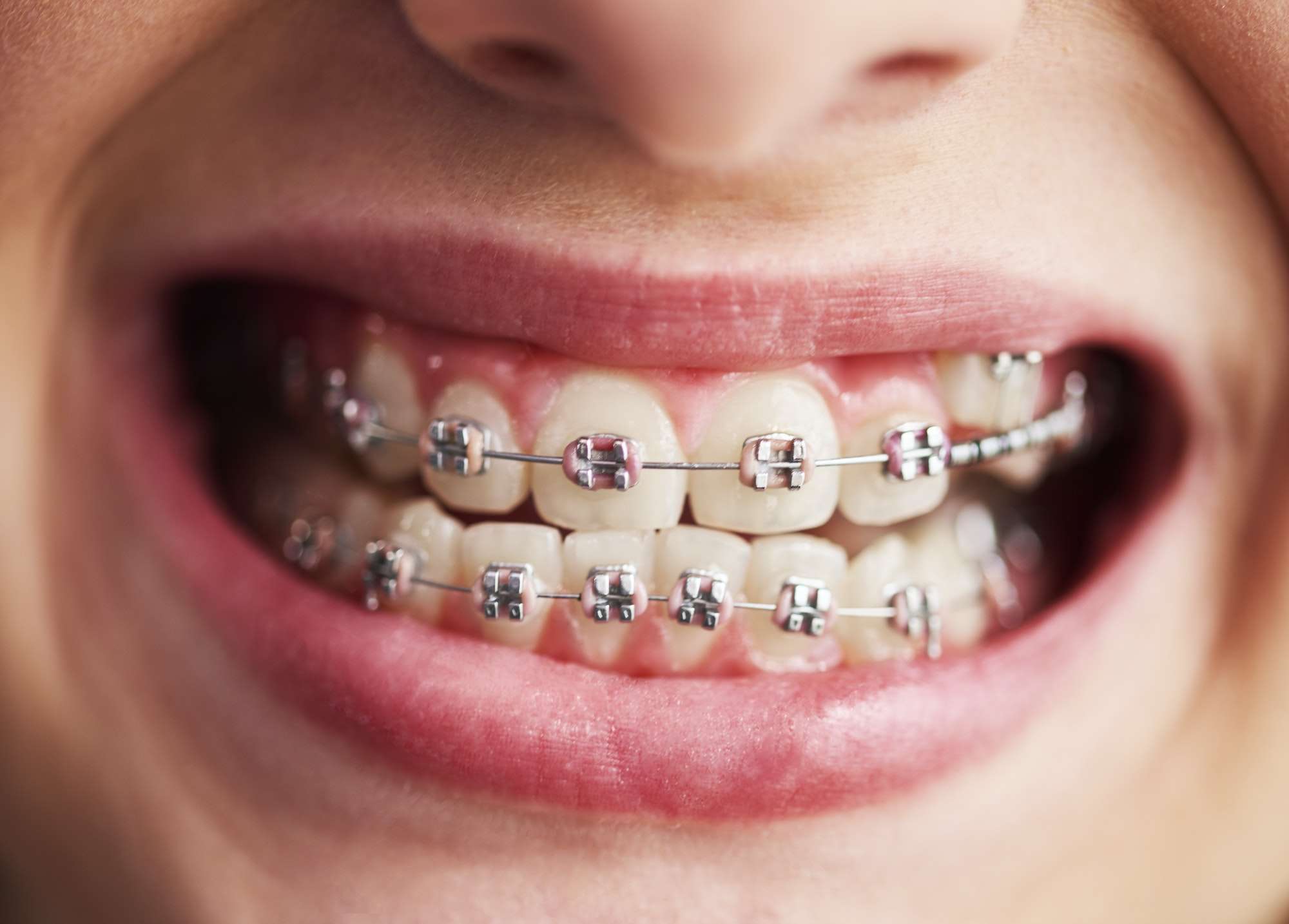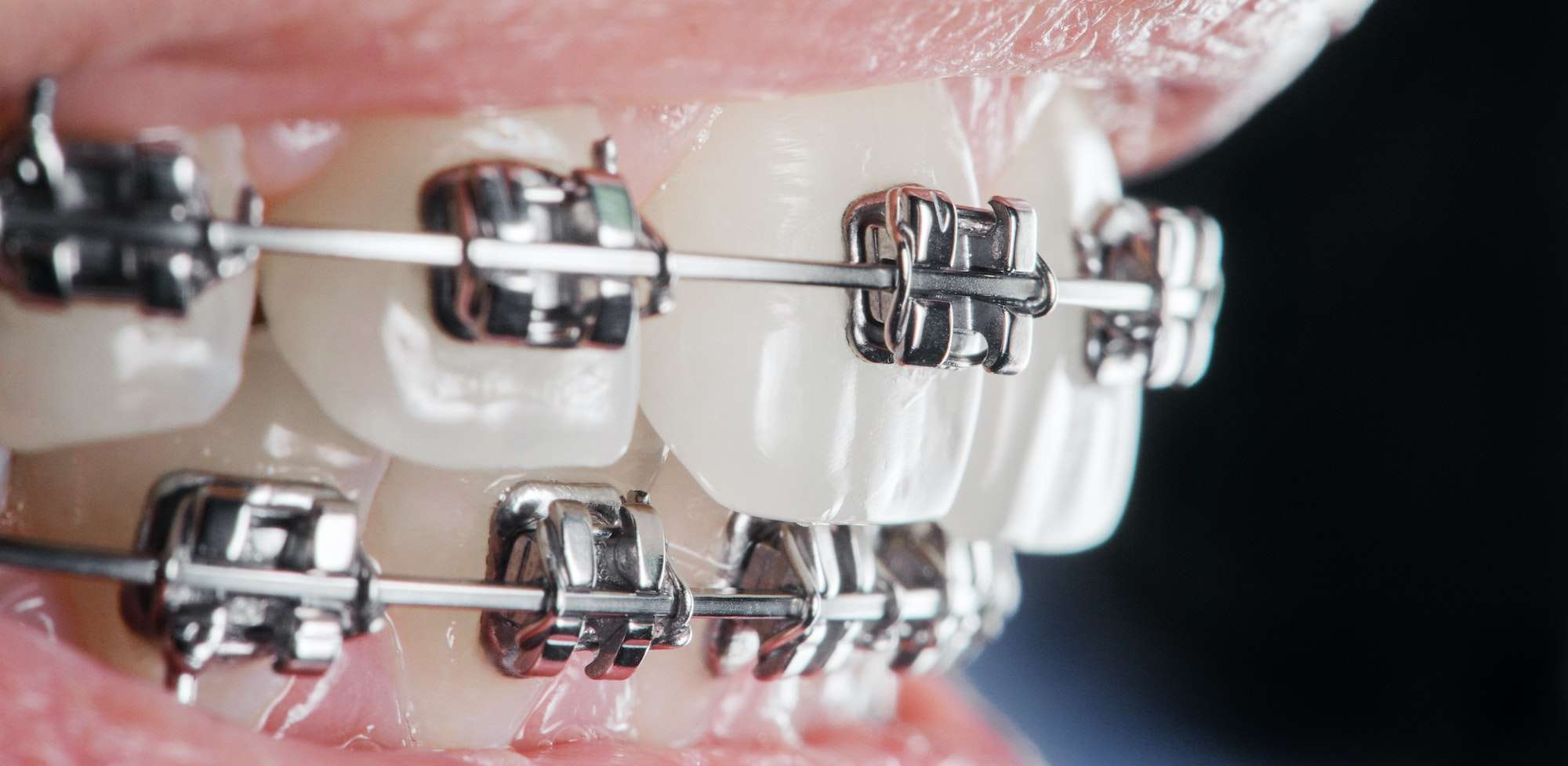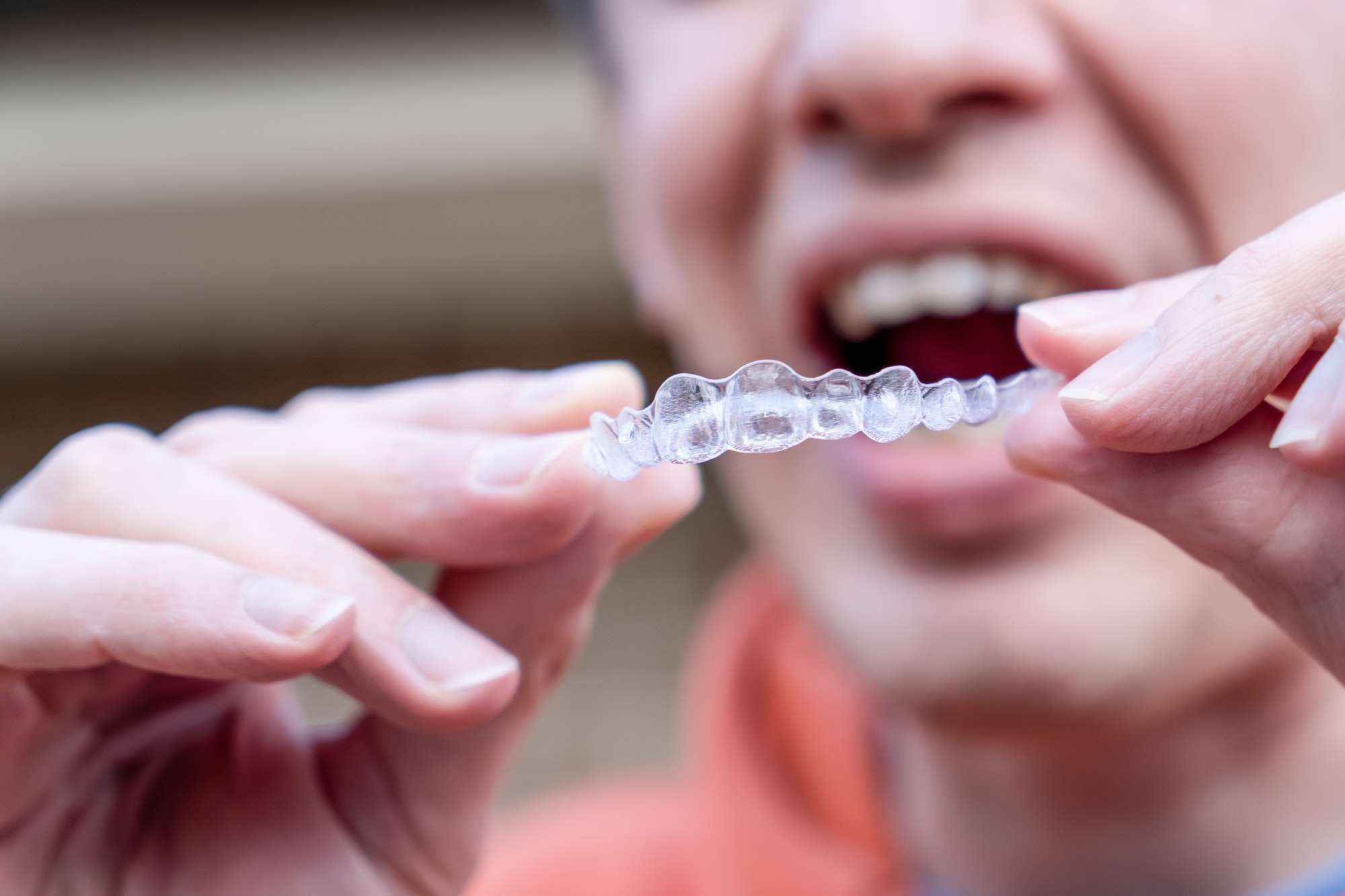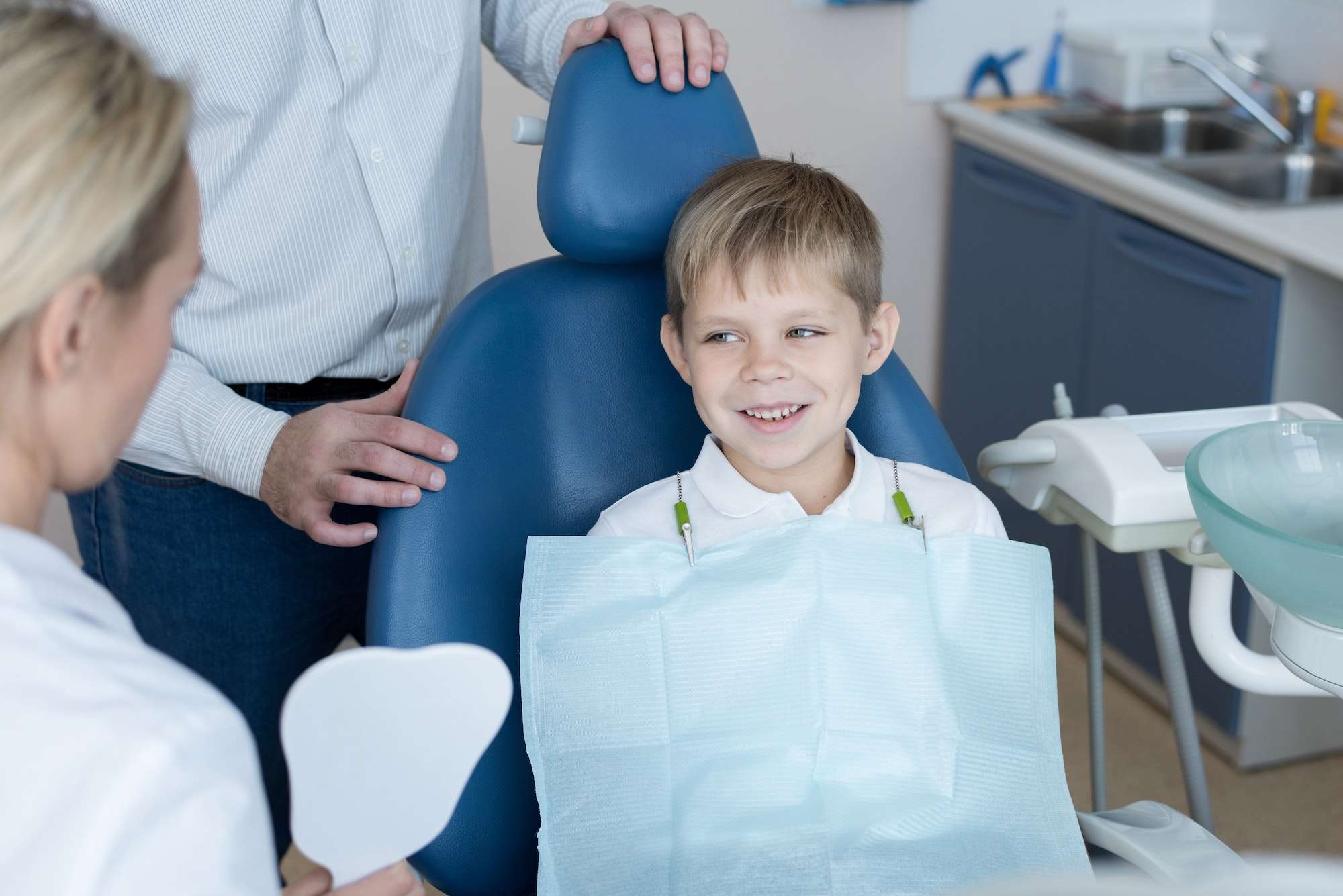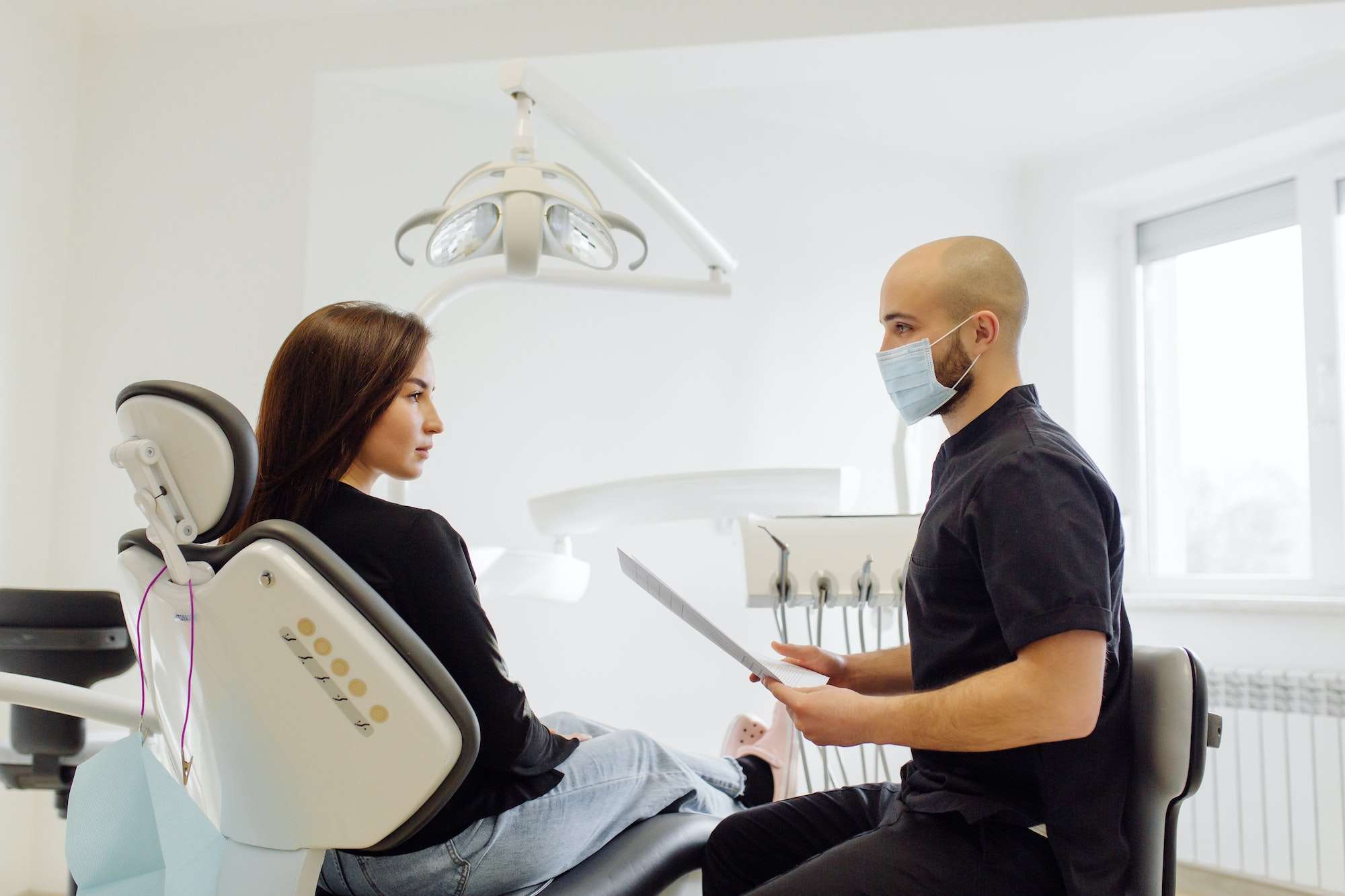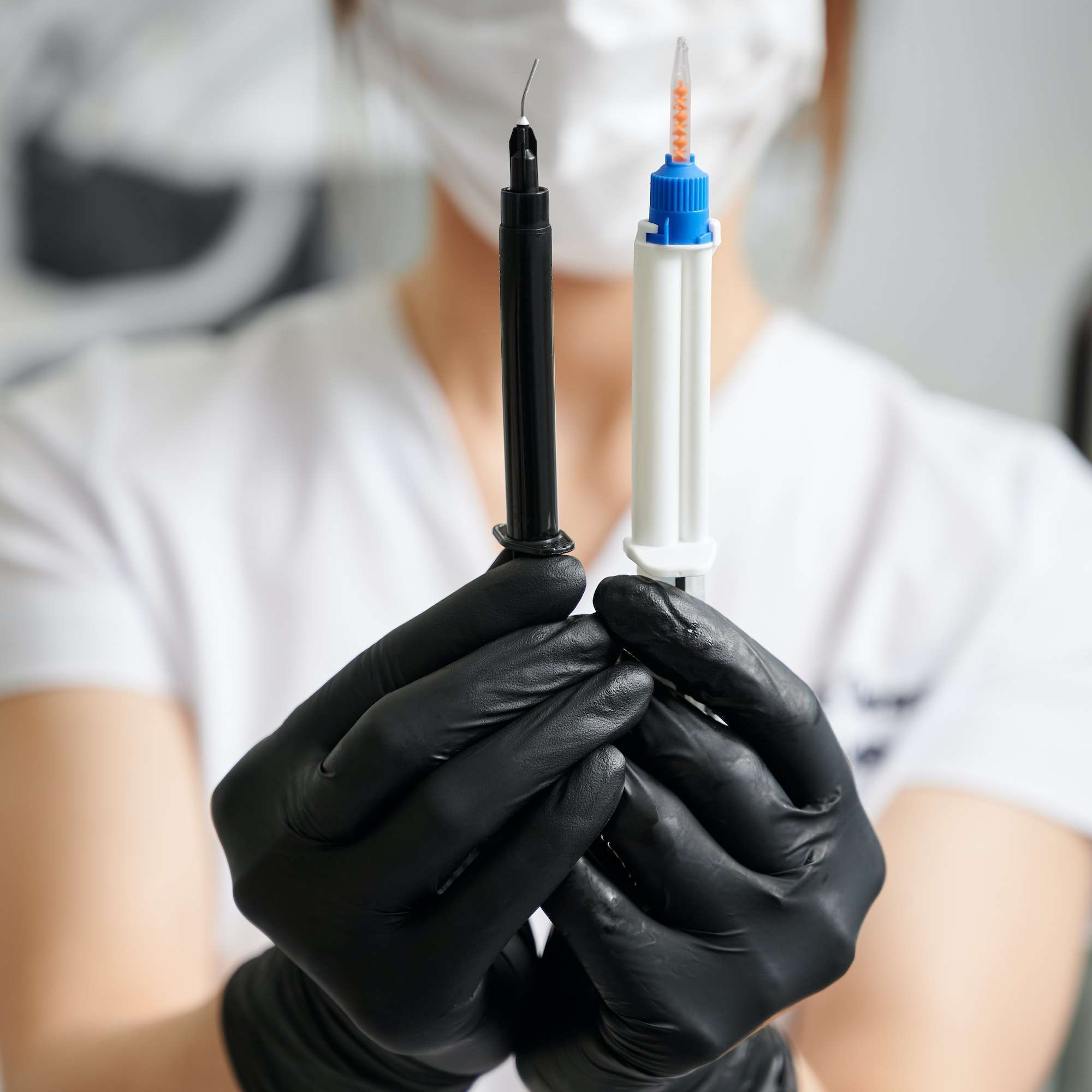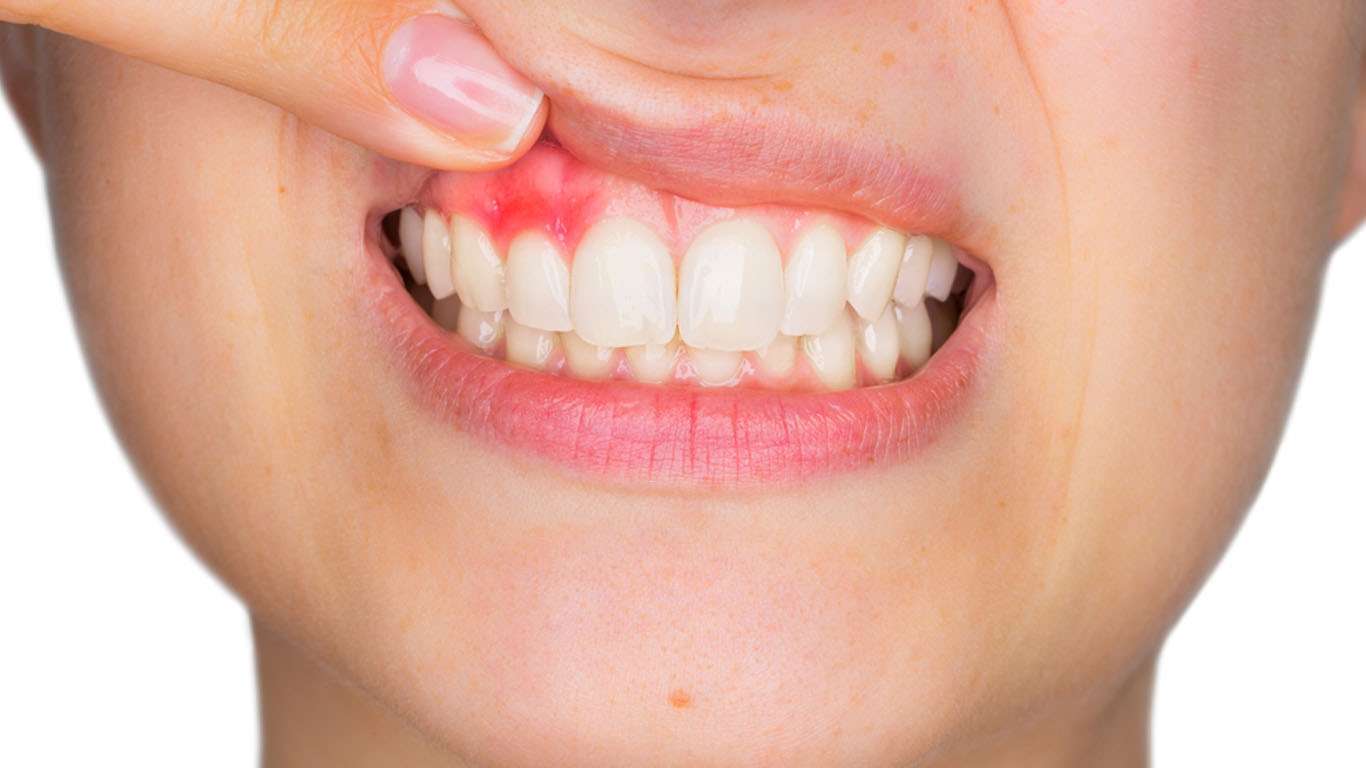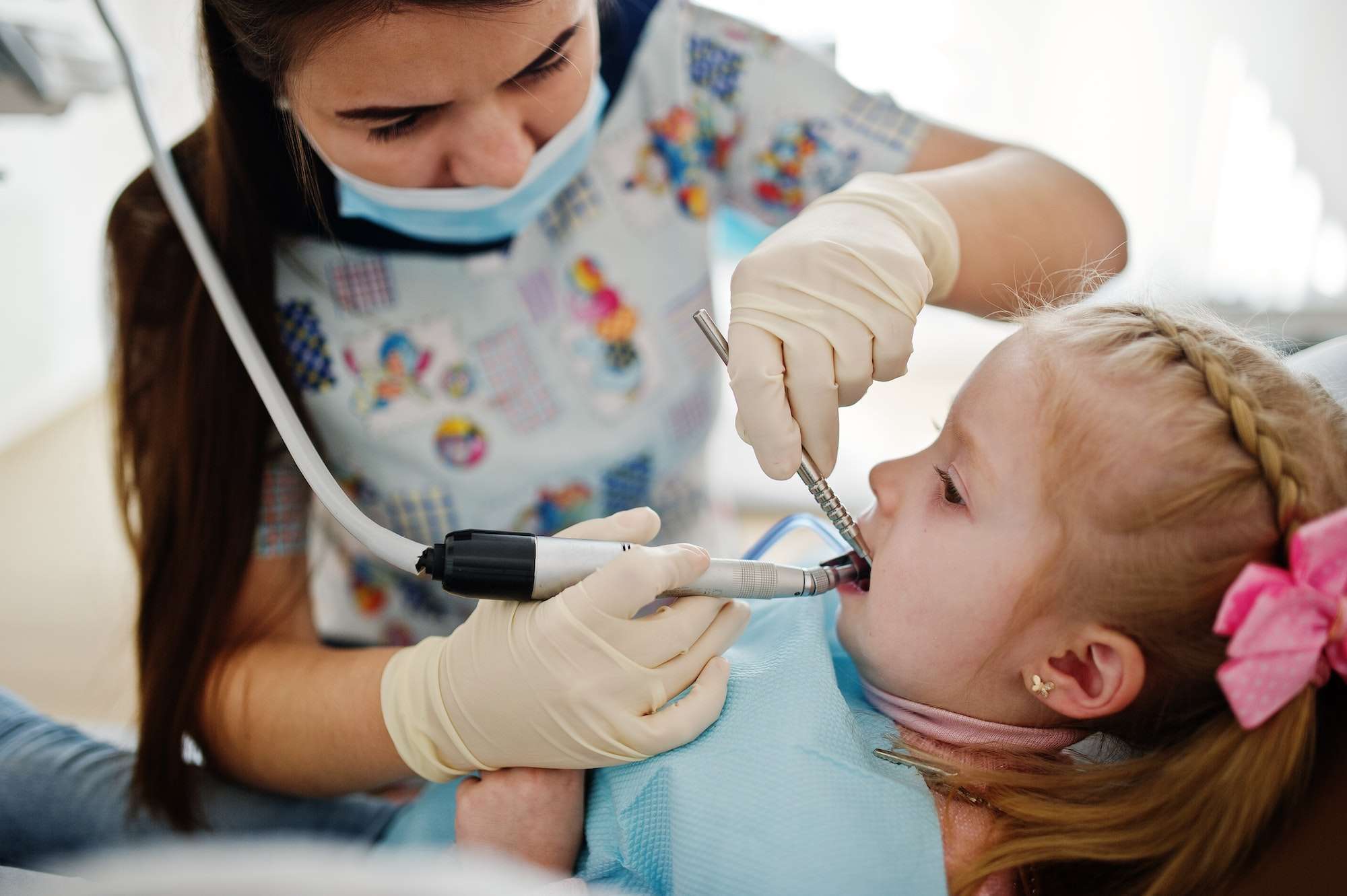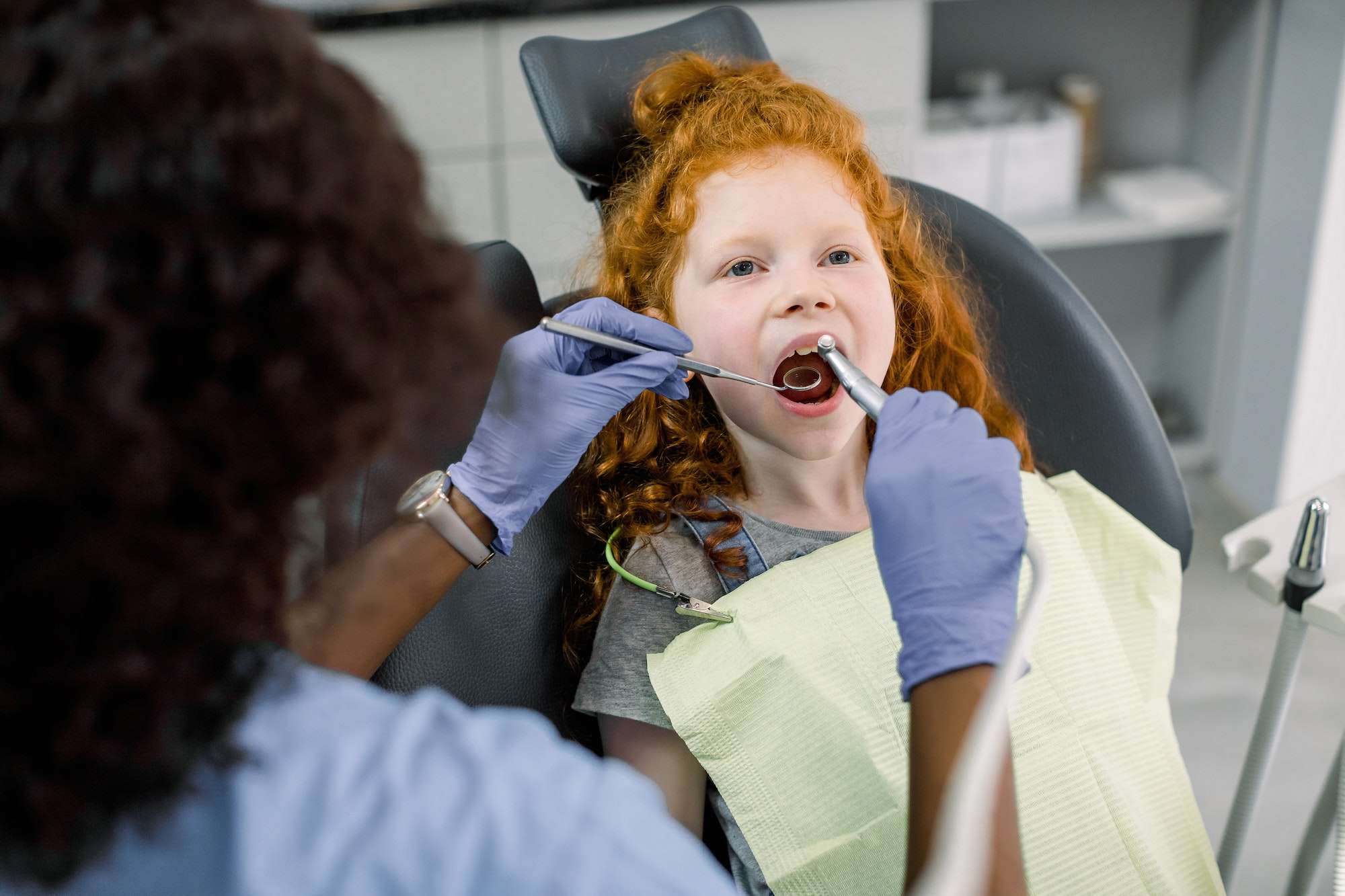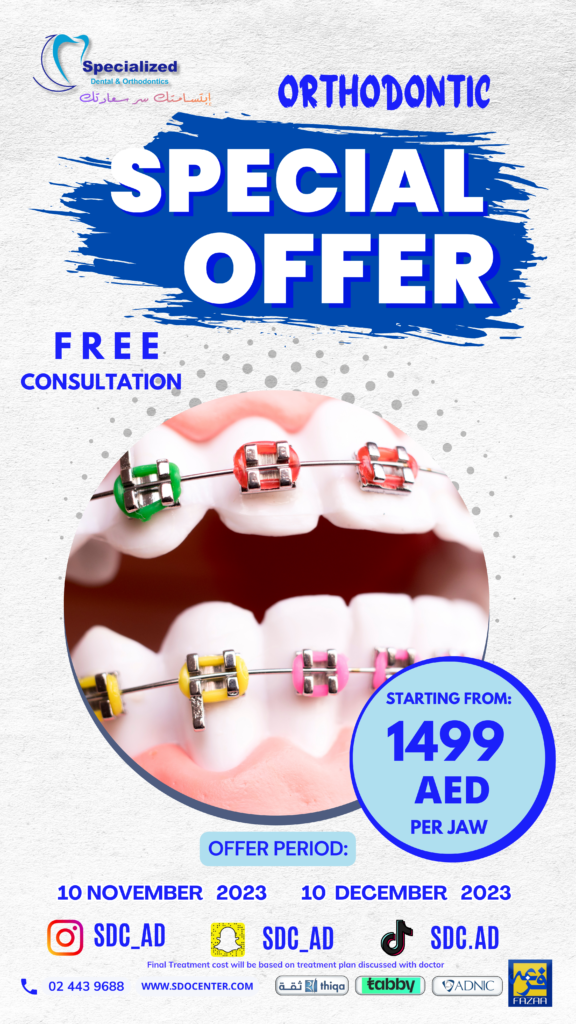
Is brushing your teeth really enough to keep your mouth healthy? Think twice. Common myths about oral health can lead to serious consequences if believed. For example, many think sugar is oral enemy number one, but it’s actually the bacteria in your mouth that do the damage. Our post will debunk these myths and reveal the real facts about keeping your oral health in top shape. Get ready to save your smile with some surprising truths!
Myth: Brushing Harder Equals Cleaner Teeth
When it comes to oral hygiene, the misconception that brushing harder leads to cleaner teeth is prevalent. Many people believe that vigorous scrubbing will result in a brighter smile, but in reality, the opposite is true.
Importance of Gentle Brushing
Gentle brushing is key to maintaining good oral health. Using soft, circular motions to clean your teeth helps to remove plaque and food particles without damaging your enamel or irritating your gums. Brushing too hard can actually wear down the enamel, making your teeth more sensitive and prone to decay.
Effect of Hard Brushing on Gums and Enamel
Brushing too hard can have detrimental effects on both your gums and enamel. Aggressive brushing can cause the gums to recede, exposing the sensitive root surface of the tooth. This can lead to increased sensitivity and a higher risk of cavities. Additionally, hard brushing can wear down the enamel, the protective outer layer of the teeth, leaving them vulnerable to damage and decay.
By adopting a gentle brushing technique and using a soft-bristled toothbrush, you can effectively clean your teeth without causing harm to your gums or enamel. Remember, the key to a healthy smile is not how hard you brush but how effectively and gently you brush.
Myth: Flossing Is Unnecessary If You Brush Properly
Many people believe that brushing alone is enough for good oral hygiene, rendering flossing unnecessary. This myth can be detrimental to one’s dental health as it overlooks the crucial role of flossing in maintaining clean and healthy teeth and gums.
Significance of Flossing
Flossing plays a vital role in oral care by removing plaque and food particles that your toothbrush may not reach. While brushing cleans the surfaces of your teeth, flossing gets into the tight spaces between teeth and along the gum line where bacteria and debris can accumulate. Neglecting to floss can lead to plaque buildup, which can cause gum disease, tooth decay, and bad breath.
Areas Where Flossing Reaches Better
Flossing is especially effective in cleaning the areas between teeth where food particles tend to get stuck. These interdental spaces are where cavities often develop. By flossing daily, you can prevent the accumulation of plaque in these hard-to-reach areas and maintain optimal oral health. Additionally, flossing stimulates the gums, reducing inflammation and promoting overall gum health.
In conclusion, flossing is an essential part of a comprehensive oral hygiene routine. It complements brushing by reaching areas that a toothbrush can’t access, ensuring thorough cleaning and preventing dental issues. By debunking the myth that flossing is unnecessary if you brush properly, you can prioritize flossing as a crucial step towards a healthy smile.
Myth: Sugar Is the Sole Cause of Tooth Decay
When it comes to oral health, the belief that sugar is the primary culprit behind tooth decay is a common misconception. While sugar certainly plays a significant role in the development of cavities, it is not the sole cause. Understanding the broader picture of factors contributing to tooth decay is essential for maintaining good oral hygiene.
Role of Bacteria in Tooth Decay
Tooth decay occurs when bacteria in the mouth feed on sugars from food and drinks, producing acids that attack the tooth enamel. This process, known as demineralization, weakens the enamel and leads to the formation of cavities. While reducing sugar intake can help minimize the food source for bacteria, it is crucial to address the root cause, which is the presence of harmful bacteria in the mouth.
Impact of Frequency of Sugar Intake
The frequency of sugar consumption throughout the day also plays a significant role in tooth decay. Continuous snacking on sugary foods or sipping on sweet beverages can create an environment conducive to bacterial growth and acid production. Limiting sugary treats to mealtimes rather than consuming them sporadically can help reduce the risk of cavities by giving the mouth time to recover and neutralize acids.
By understanding that tooth decay is not solely caused by sugar but also involves the role of bacteria and the frequency of sugar intake, individuals can take a more comprehensive approach to maintaining oral health. Practicing good oral hygiene habits, such as regular brushing and flossing, along with routine dental check-ups, are vital steps in preventing tooth decay and promoting overall oral well-being.
Myth: Only Children Get Cavities
When it comes to oral health, the belief that only children get cavities is a common misconception. In reality, adults are also susceptible to cavities, and several factors contribute to this vulnerability.
Adults’ Vulnerability to Cavities
While it’s true that children are more prone to cavities due to their developing teeth, adults are by no means immune. As we age, factors such as receding gums, dry mouth, and changes in the composition of saliva can make adults more susceptible to tooth decay. Additionally, poor oral hygiene habits and a diet high in sugar and carbohydrates can further increase the risk of cavities in adults.
Factors Contributing to Cavities in Adults
Several factors contribute to the development of cavities in adults. Plaque buildup, which results from poor oral hygiene, can erode tooth enamel and lead to decay. Consuming sugary and acidic foods and beverages can create an environment conducive to cavity formation. Furthermore, certain medications and medical conditions can affect saliva production, reducing its ability to neutralize acids and protect teeth from decay.
Understanding that cavities can affect individuals of all ages is crucial in maintaining good oral health. By practicing proper oral hygiene, making healthy dietary choices, and attending regular dental check-ups, adults can effectively prevent cavities and preserve their dental health for the long term.
Myth: Whitening Toothpaste Can Replace Professional Whitening
Many people believe that using whitening toothpaste can provide the same results as a professional whitening treatment. Let’s delve into the truth behind this common myth.
Effectiveness of Whitening Toothpaste
Whitening toothpaste is formulated to help remove surface stains on teeth through abrasive action or mild bleaching agents. While these toothpastes can be effective in brightening your smile by a shade or two, they may not be able to address deeper stains or significantly alter the color of your teeth.
Professional whitening treatments, on the other hand, are performed by dental professionals using stronger bleaching agents that can penetrate the tooth enamel to tackle stubborn discoloration. These treatments are tailored to your specific needs and can provide more noticeable and longer-lasting results compared to over-the-counter products.
Professional Whitening vs. Over-the-Counter Options
When it comes to whitening your teeth, professional treatments offer a higher level of customization and efficacy. Dentists can assess the condition of your teeth and gums, ensuring that the whitening process is safe and effective for you.
Over-the-counter whitening options, including whitening toothpaste, strips, and gels, may not provide the same level of supervision and care as professional treatments. While convenient, these products may have limitations in terms of effectiveness and could lead to uneven whitening or tooth sensitivity if not used properly.
In conclusion, while whitening toothpaste can be a part of your oral care routine for maintaining a brighter smile, it is not a substitute for professional whitening treatments when you are looking to achieve significant whitening results. Consulting with your dentist can help you determine the best approach to brighten your smile safely and effectively.
Myth: If My Gums Don’t Hurt, They Are Healthy
You may think that if your gums aren’t causing you any pain, they must be in good health. However, the absence of pain doesn’t always indicate the absence of underlying issues. Let’s delve into why relying solely on pain as a sign of gum health might not be accurate.
Signs of Gum Disease Beyond Pain
Gum disease, also known as periodontal disease, can manifest in ways that go beyond mere pain. Some common signs of gum disease include:
- Bleeding Gums: If you notice your gums bleeding when you brush or floss, this could be an early sign of gum disease.
- Swollen or Receding Gums: Gums that appear swollen, or are pulling away from the teeth, may indicate gum problems.
- Persistent Bad Breath: Chronic bad breath that doesn’t improve with oral hygiene could be a sign of gum disease.
- Loose Teeth: Gum disease can lead to the loosening of teeth, indicating advanced stages of the condition.
These signs are important to pay attention to, even if your gums aren’t causing you any pain. Regularly monitoring your gum health can help catch issues early and prevent them from progressing.
Importance of Regular Dental Check-ups
Regular dental check-ups play a crucial role in maintaining good oral health, regardless of whether you’re experiencing pain or not. During these visits, dentists can:
- Detect Early Signs of Gum Disease: Dentists can identify signs of gum disease that may not be visible to the naked eye.
- Provide Professional Cleanings: Professional cleanings help remove plaque and tartar buildup, reducing the risk of gum disease.
- Offer Guidance on Home Care: Dentists can provide valuable tips on how to maintain optimal gum health through proper oral hygiene practices.
- Address Concerns Early: By visiting the dentist regularly, any potential issues can be addressed early, preventing them from escalating.
Remember, taking a proactive approach to oral health through regular dental check-ups is key to ensuring the long-term health of your gums and overall well-being.
Oral health is full of myths that can mislead people. Knowing the facts helps you make better choices for your teeth and gums. Brush twice daily, floss regularly, and visit your dentist at least twice a year. These habits are key to keeping your mouth healthy.
Misconceptions can prevent proper care. Don’t let myths steer you wrong. Stay informed and trust expert advice. Taking good care of your oral health means a brighter smile and fewer problems down the road.
